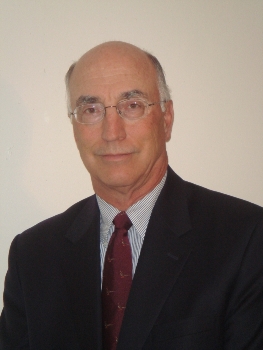Jul 8 2014
A University of California, Riverside Bourns College of Engineering professor is one of the authors of a paper recently published in Science that outlines ways companies can commercialize and profit from what was thought to a waste product created when producing biofuels.
 Charles Wyman, professor in the Chemical and Environmental Engineering Department.
Charles Wyman, professor in the Chemical and Environmental Engineering Department.
Charles Wyman, the Ford Motor Company Chair in Environmental Engineering at UC Riverside’s Center for Environmental Research and Technology and professor in the Chemical and Environmental Engineering Department of the Bourns College of Engineering, is one of 16 authors of the paper, “Lignin Valorization: Improving Lignin Processing in the Biorefinery,” which was published in the May 16 issue of Science.
Research and development activities focused on commercial production of ethanol made from agricultural and forestry residues and ultimately woody and herbaceous energy crops are creating opportunities to increase the use of lignin commercially.
In the paper, the researchers outline the discovery of genetic variants in native populations of bioenergy crops and direct manipulation of biosynthesis pathways to produce lignin with favorable properties for recovery and downstream conversion into valuable, sustainable products. Advances in analytical chemistry and computational modeling detail the structure of the modified lignin and direct bioengineering strategies for future targeted properties.
Refinement of biomass pretreatment technologies has further facilitated lignin recovery, and this coupled with genetic engineering will enable new uses for lignin, including low-cost carbon fibers, engineered plastics and thermoplastic elastomers, polymeric foams, fungible fuels, and commodity chemicals. Much of Wyman’s research focuses on the pretreatment of cellulosic biomass.
The research outlined in the paper was made possible by a partnership with the U.S. Department of Energy’s BioEnergy Science Center (BESC), coordinated through the Oak Ridge National Laboratory in Tennessee and in which UCR is an active participant.